"For those many kids who choose not to read books, for those kids who are news junkies, for those kids who choose to focus on nonfiction, for those kids who read everything anyway, and for those kids who are motivated by regular, tangible rewards, Newsela’s Free Summer Reading Challenge may be just the thing to engage students with the world, while attacking potential summer reading slump."
Research and publish the best content.
Get Started for FREE
Sign up with Facebook Sign up with X
I don't have a Facebook or a X account
Already have an account: Login
Tech tools that assist all students to be independent learners & teachers to become better teachers
Curated by
Beth Dichter
 Your new post is loading... Your new post is loading...
 Your new post is loading... Your new post is loading...

Yasemin Allsop's curator insight,
August 16, 2013 2:35 AM
As someone who just started to elarn about badges, this is really intresting for me! 
Laura Graceffa's curator insight,
August 16, 2013 6:15 PM
Can it work in an environment that discourages making differences in achievement obvious? 
Yvonne Marie Webber's comment,
August 26, 2013 11:35 PM
@Laura, I really think it can. the badges do not have to focus on product, but can focus on each student collaborating, sharing, contributing in the way that is best for that student. The badges do not have to be given in a hierarchal manner.

Meredith Schoonhoven's curator insight,
July 10, 2017 11:48 PM
This is an interesting article that discusses a way for students to get recognition of skills through informal learning by earning badges. |

Valeria Ríos Bedoya's curator insight,
August 22, 2017 3:20 PM
For me, the topic of this article is very important since in order to get our students to think critically and achieve each of the levels of thinking, as teachers, we need to learn how to think critically first; we need to embrace this ability so we can reflect it to your students.
|





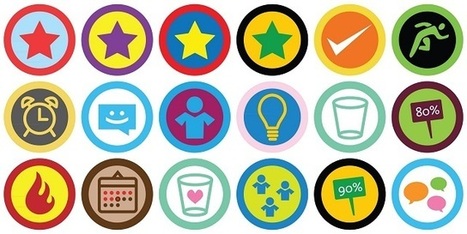
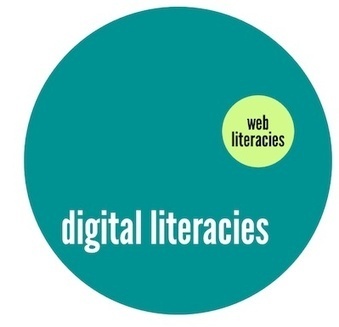
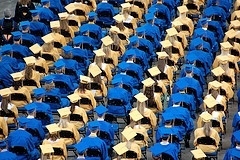

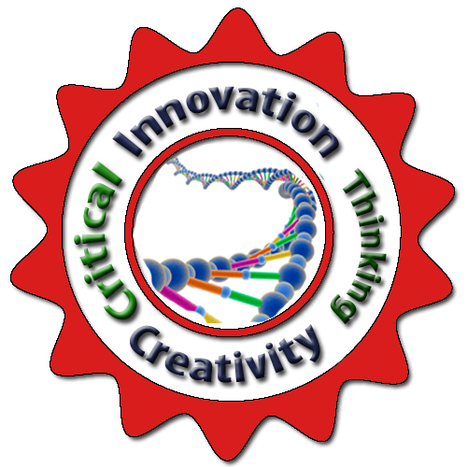
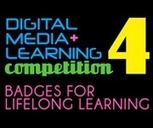





Excellent source of informational articles relevant to the world and students in upper elementary grades.